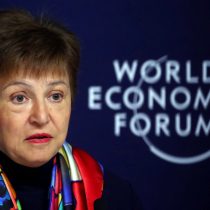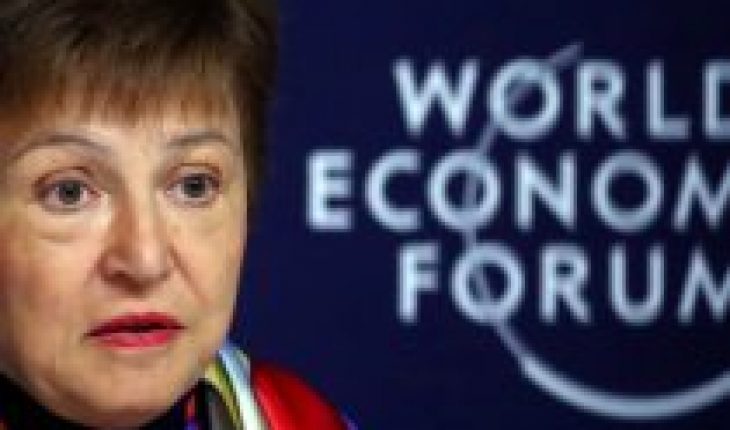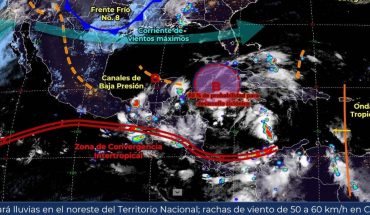
The acceleration in global access to covid-19 vaccines and the need for a temporary solidarity rate on higher incomes were two of the main calls by the International Monetary Fund (IMF) at the start on Wednesday of its spring assembly.
“Vaccine production and distribution need to be increased and export controls set aside. It also means fully funding the Covax tool (for the equitable distribution of vaccines) and ensuring that leftover vaccines are transferred to poor countries,” said Kristalina Georgieva, IMF Director, at a press conference.
In this regard, Georgieva stressed that “vaccination policy is economic policy” while expressing the “urgency” for “vaccines to reach everyone everywhere.”
If 90% of the population is expected to be vaccinated by the summer in the United States, and Europe is expected to be vaccinated by autumn, regions such as Latin America will have to wait until 2022 to achieve a similar degree of protection against coronavirus at the current rate of inoculation.
“The main weapon we have to revitalize growth is vaccines,” Gita Gopinath, the Fund’s chief economist, insisted on one of the assembly panels held again virtually this week along with the World Bank.
The IMF presented this week the “Global Economic Outlook” report, coordinated by Gopinath, where it raised global economic growth forecasts to 6%, up from 5.5% anticipated three months ago, hit by the uptick in China and the United States.
However, the report warned in particular of “multi-speed recovery” and the “dangerous divergence” of economic fortunes, with advanced fortunes at the forefront.
In this complex picture, the agency was surprised to call for a “temporary” tax on higher incomes and wealth to finance pandemic-related needs and the crisis involved, which has led to widespread increases in deficit and debt levels.
“To help address pandemic-related funding needs, the authorities might consider a temporary contribution to post-collect recovery on high income and wealth,” said Vitor Gaspar, Director of the Fund’s Department of Tax Affairs at a conference.
The scale of the pandemic-led economic crisis, the largest since the Great Depression of the 1930s, has led the agency, a traditional advocate of economic orthodoxy, to skip some taboos and give the go-ahead to tax hikes and increased spending.
Gaspar warned that “pre-existing inequalities have amplified the adverse impact of the pandemic while covid-19 has exacerbated inequalities,” which is “a vicious cycle of inequality that could lead to a social and political break.”
The meetings will also discuss the initiative launched by U.S. Treasury Secretary Janet Yellen to agree under the G20 (which brings together major advanced and emerging economies) a global minimum corporation tax.
In this regard, Gaspar supported the proposal as “an important element in ensuring that governments have the necessary resources for the various spending priorities they face.”
Finally, the meetings, which bring together world economic leaders, will also discuss the creation of new special spinning rights (SED, the IMF currency) worth $650 billion, something Georgieva has already said has broad support for increasing global liquidity and helping the global recovery.





